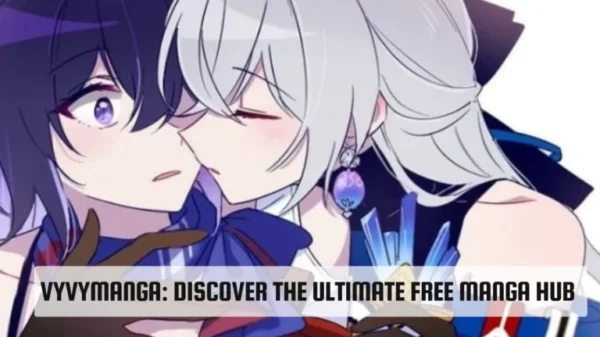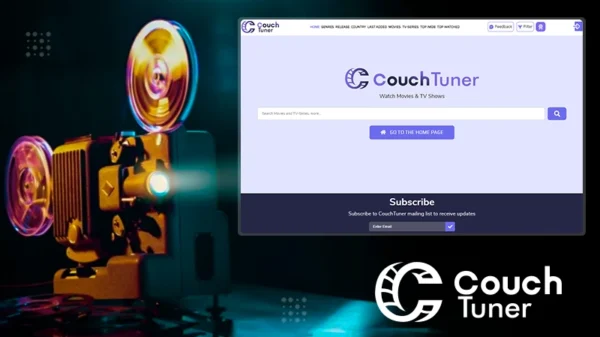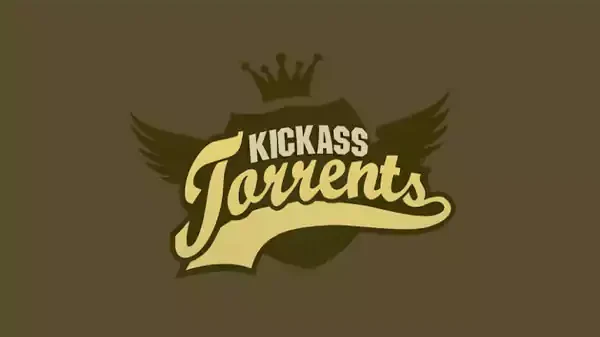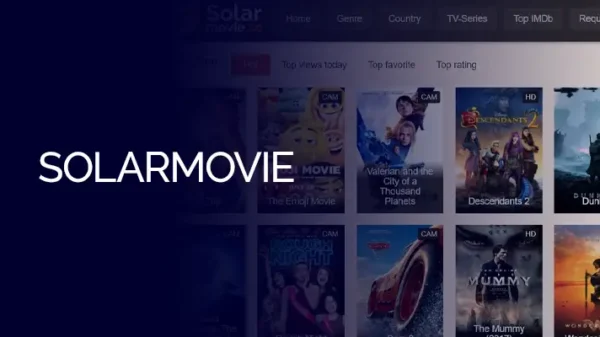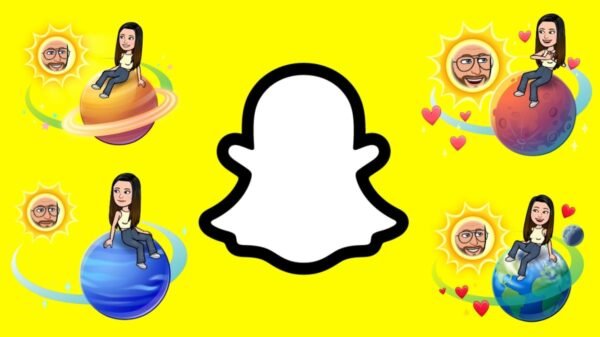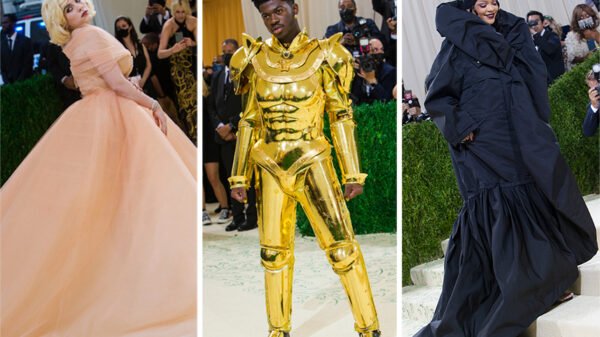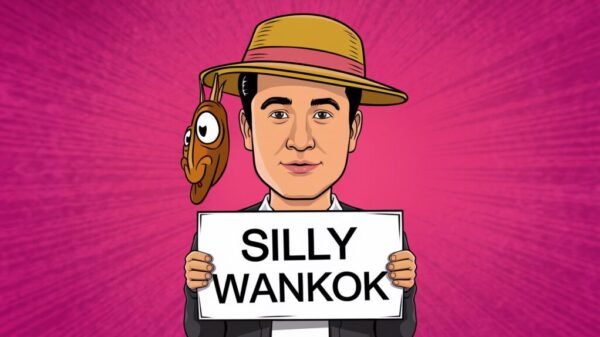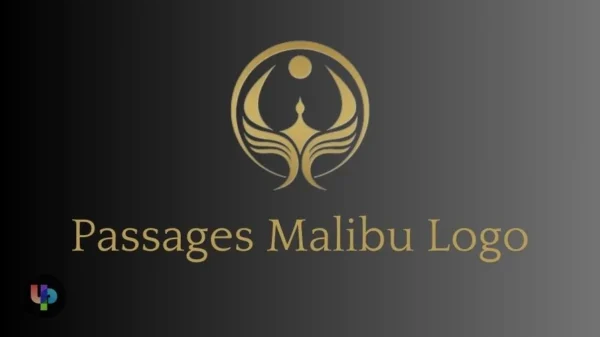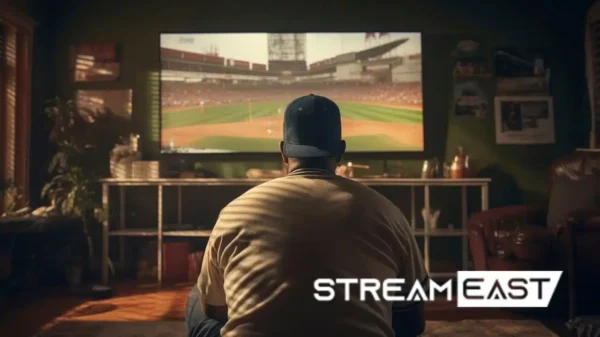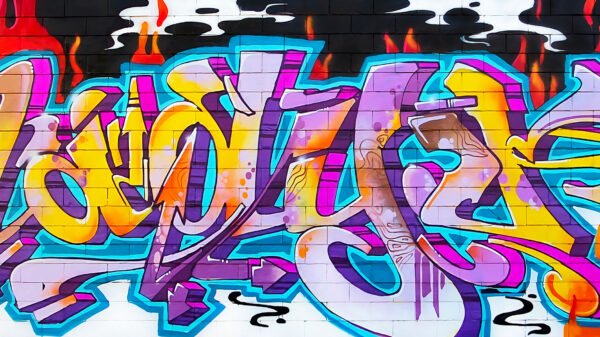Pac-Man is more than just a video game; it’s a cultural phenomenon that has transcended generations. For the past 30 years, this yellow, pellet-chomping hero has delighted gamers around the world and solidified its place as one of the most iconic arcade games in history. The year 2010 marked the Pacman 30th Anniversary, but even today, the legacy continues to grow and inspire a new generation of players. In this blog post, we will explore the origins of Pac-Man, its cultural impact, and how it has managed to stay relevant over three decades.
The Origins of Pac-Man
Before we dive into the anniversary celebrations, it’s essential to look back at how Pac-Man came to life. The game was created by a young Japanese game designer named Toru Iwatani, working for Namco. Released in 1980, Pac-Man was a response to the growing trend of violent video games at the time, such as Space Invaders and Asteroids. Iwatani wanted to design a game that was non-violent, fun, and appealing to both male and female players.
Inspired by a pizza missing a slice, Pac-Man’s unique character design quickly became recognizable worldwide. The game’s premise was simple but addictive: navigate a maze while eating pellets and avoiding four colorful ghosts named Blinky, Pinky, Inky, and Clyde. Each ghost had its own unique behavior, adding depth to what appeared to be a straightforward game.
When Pac-Man was released in Japanese arcades, it was an instant hit, but it wasn’t until its arrival in the United States that the game truly exploded in popularity. American audiences were captivated by the game’s innovative mechanics and charming design. Within a few months, Pac-Man became a staple of arcades across the country, and its influence began to permeate other areas of culture, from merchandise to animated TV shows.
Pac-Man’s Cultural Impact
Pac-Man was more than just a game; it was a cultural movement. By 1981, Pac-Man fever had officially gripped the world. Merchandising soared, with Pac-Man appearing on lunch boxes, T-shirts, and even as a Saturday morning cartoon. It was also one of the first video games to feature a dedicated theme song, “Pac-Man Fever,” which reached No. 9 on the Billboard Hot 100 charts in 1982.
But Pac-Man’s influence wasn’t limited to merchandise and music. The game had a profound impact on the gaming industry itself. It broke away from the typical “shoot ’em up” gameplay that dominated the era, offering something different, something more accessible to a broader audience. Pac-Man’s design encouraged players to think strategically, as each ghost had specific movement patterns, making the game as much about strategy as reflexes.
The game also pioneered the concept of a “video game mascot.” Long before Mario, Sonic, or Master Chief, Pac-Man was the face of a global gaming franchise. He became an enduring symbol of gaming culture, one that still resonates today.
Moreover, Pac-Man helped pave the way for a more inclusive gaming industry. The game was designed with universal appeal, breaking down gender barriers that had previously kept many women out of arcades. Pac-Man was one of the first games to attract a substantial female audience, proving that video games could appeal to everyone.
The Evolution of Pac-Man Over 30 Years
Since its release, Pac-Man has seen numerous adaptations, re-releases, and sequels, each bringing something new to the original formula. One of the most successful follow-ups was Ms. Pac-Man, released in 1981, which introduced new mazes, improved gameplay mechanics, and a female protagonist, further cementing the series’ popularity.
In subsequent years, Pac-Man evolved to adapt to new gaming technologies. From 3D versions on the PlayStation to mobile versions and reboots like Pac-Man Championship Edition, the game has managed to stay relevant even in a rapidly changing industry. The simplicity of the core gameplay, coupled with strategic depth, has made it adaptable to different platforms while retaining its original charm.
One of the key factors in Pac-Man’s longevity has been its ability to transition across various gaming platforms. Whether it’s on a console, a handheld device, or a smartphone, Pac-Man has always been available to new generations of gamers. The character has also made appearances in countless other games, from Super Smash Bros. to Ralph Breaks the Internet, ensuring that Pac-Man remains a recognizable figure in pop culture.
Why Pac-Man Still Matters Today
Even after 30 years, Pac-Man continues to be a relevant force in gaming and pop culture. Part of this is due to nostalgia—older gamers fondly remember their first time at an arcade, joystick in hand, trying to outsmart the relentless ghosts. However, Pac-Man’s enduring success is also due to its timeless gameplay mechanics. The game’s simplicity is deceptive, as it still offers a challenge to players looking to master its intricacies.
Pac-Man also remains a symbol of the evolution of the gaming industry. As games become more complex, with sprawling worlds and cinematic narratives, Pac-Man serves as a reminder that sometimes, the simplest ideas can be the most enduring. Its influence is evident in countless modern games that prioritize gameplay over graphics, showing that solid mechanics and design never go out of style.
Moreover, Pac-Man has evolved beyond just a game. It’s a cultural icon, a symbol of the early days of video gaming that has transcended its origins. Whether it’s through nostalgia or genuine appreciation of its gameplay, Pac-Man continues to capture the imagination of both old and new fans alike.
The 30th Anniversary Celebrations
To celebrate the Pacman 30th Anniversary, Namco Bandai went all out with events, special releases, and collaborations. One of the most notable releases was Pac-Man Championship Edition DX, an updated version of the original game featuring enhanced graphics, new mazes, and various gameplay modes to challenge players. The release was met with praise, with many calling it one of the best updates to the classic game in years.
In addition to game releases, Namco Bandai collaborated with various companies to create Pac-Man-themed merchandise, ranging from clothing to board games. Several special arcade cabinets were also released, allowing fans to experience Pac-Man as it was meant to be played—in an arcade setting.
Google even joined in the celebrations, creating a playable Pac-Man Google Doodle on its homepage in May 2010, which quickly became one of the most popular doodles ever. The doodle allowed millions of people to relive the magic of Pac-Man directly from their web browsers, introducing the game to a whole new generation.
Looking Forward: The Future of Pac-Man
As Pac-Man celebrates its 30th anniversary, it’s clear that this yellow, pellet-chomping hero isn’t going anywhere. With each new technological leap, Pac-Man continues to adapt and thrive. Virtual reality and augmented reality platforms may well become the next frontier for the game, allowing players to experience the classic mazes in entirely new ways.
The future of Pac-Man likely lies in its ability to blend nostalgia with innovation. While the core mechanics of the game are timeless, new technologies offer opportunities to expand the Pac-Man universe in exciting and unexpected ways. Whether it’s through retro re-releases or entirely new gameplay experiences, it’s safe to say that Pac-Man will continue to be a central figure in gaming for many years to come.
Conclusion
The Pacman 30th Anniversary is not just a milestone for a video game, but a celebration of an enduring cultural icon. Over the past 30 years, Pac-Man has shaped the gaming industry, inspired countless developers, and entertained millions of players. Its simplicity, combined with its deep strategic elements, has ensured its place in history as one of the greatest video games ever made. As we look to the future, it’s exciting to imagine what the next 30 years might hold for this beloved character and his ghost-chasing adventures.
FAQs:
1. What is the significance of the Pacman 30th Anniversary?
The Pacman 30th Anniversary celebrates 30 years of one of the most iconic and influential video games in history. It’s a reflection on Pac-Man’s impact on gaming culture and its lasting popularity over multiple decades.
2. What new releases came out during Pacman’s 30th Anniversary?
One of the key releases was Pac-Man Championship Edition DX, which featured updated graphics, new mazes, and modern gameplay modes, providing a fresh take on the classic game.
3. Why is Pac-Man considered a cultural icon?
Pac-Man is considered a cultural icon because it broke gender barriers in gaming, became the first video game to have a mascot, and inspired a global phenomenon, from merchandise to music, TV shows, and more.
4. How has Pac-Man remained relevant over the years?
Pac-Man has remained relevant through numerous re-releases, adaptations to modern platforms, and by maintaining the simplicity and strategic depth of its original gameplay, appealing to both nostalgic fans and new players.






